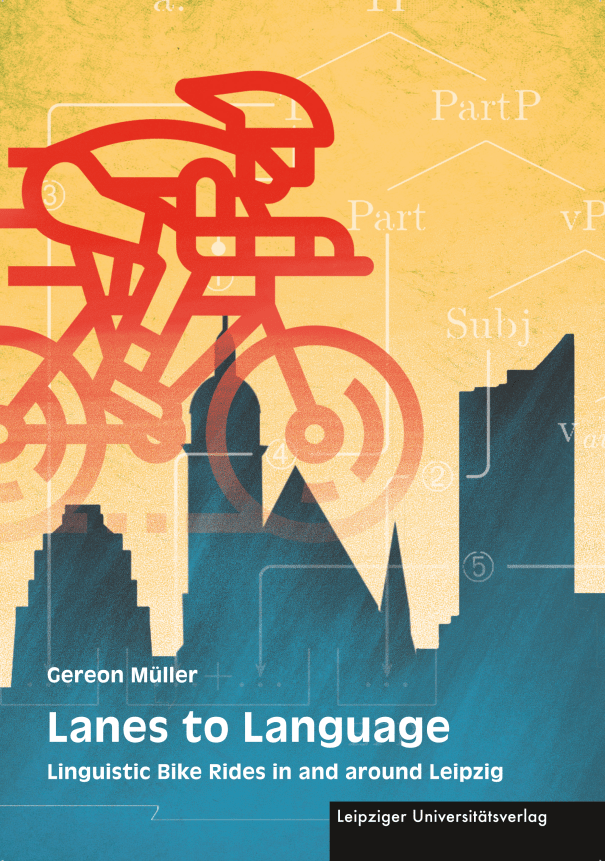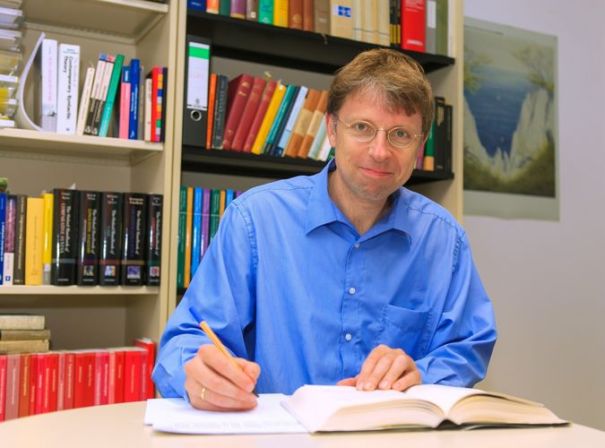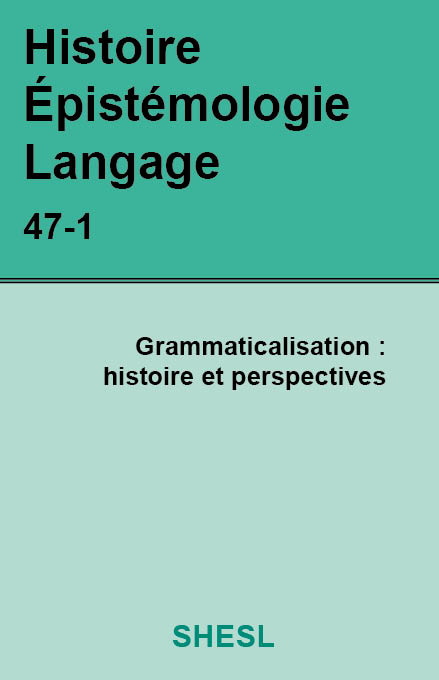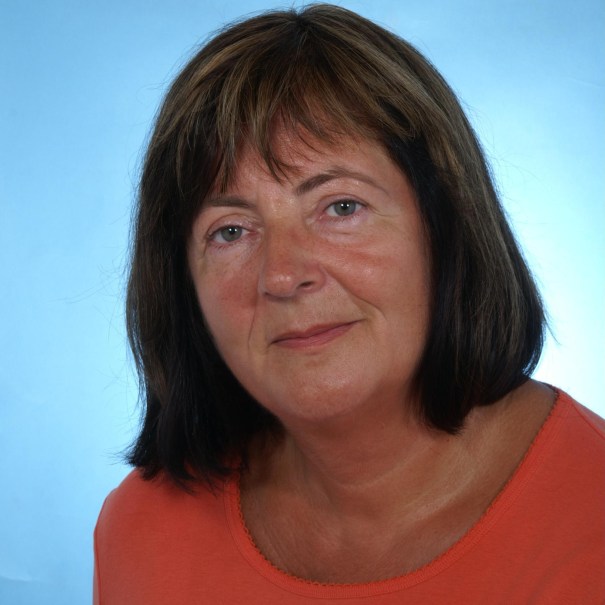CHSTM Working group History of the Language Sciences. Meetings online.
The meetings of the CHSTM working group on the history of the language sciences continue in spring 2026. We have an exciting program lined up over the next few months:
13 January – Adrianna Link (American Philosophical Society)
Reinventing Anthropology through Crisis and Collections
16 February – John E. Joseph (University of Edinburgh)
Foucault and the archive as ‘system of enunciability’
10 March – Robert Edwards (UC San Diego / Irvine)
Anticolonial Methods in the History of Linguistic Anthropology
28 April – Chloé Laplatine (CNRS, Histoire des théories linguistiques)
History of language documentation in the Pacific Northwest
12 May – Amanda Harris (University of Sydney)
Archived Sound and Creative Engagements with Papua New Guinean Cultural Heritage in Australia
Full details and information on how to join the meetings can be found
on the group’s webpage: https://www.chstm.org/group/history-language-sciences







